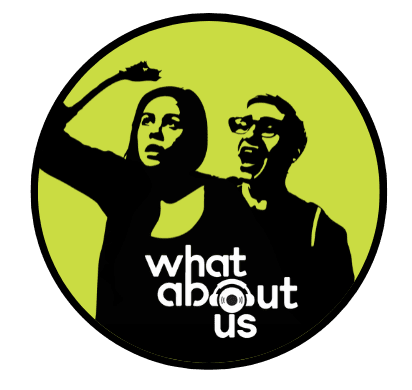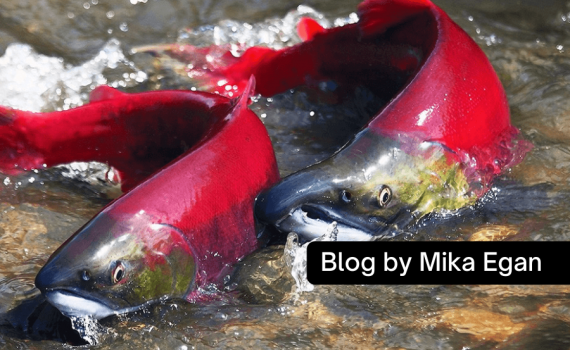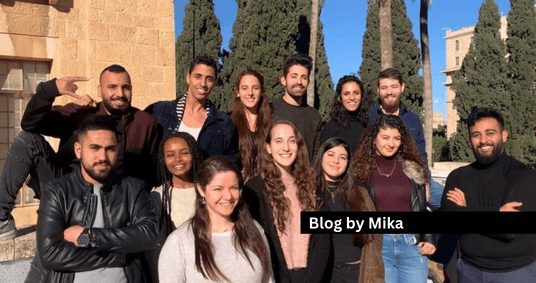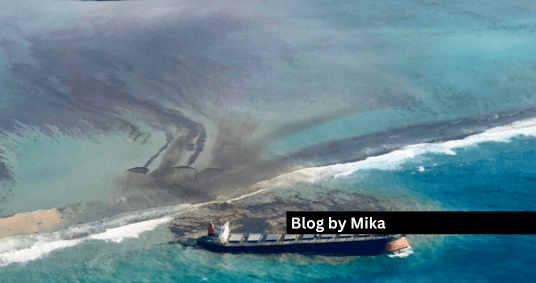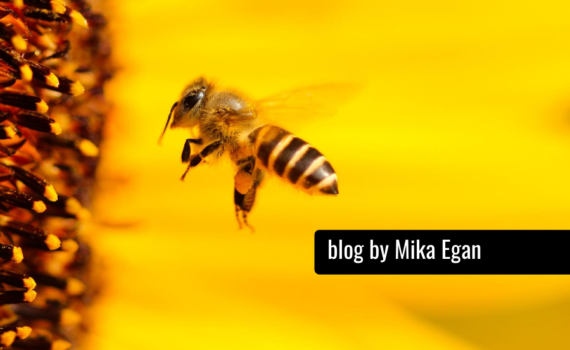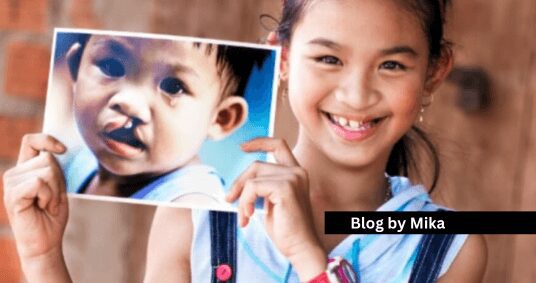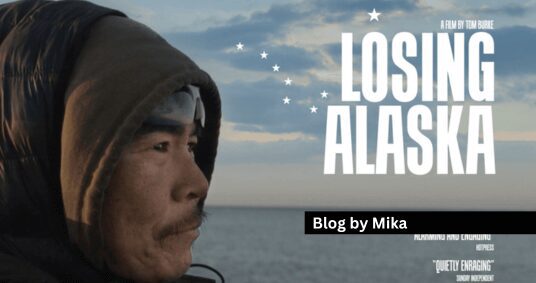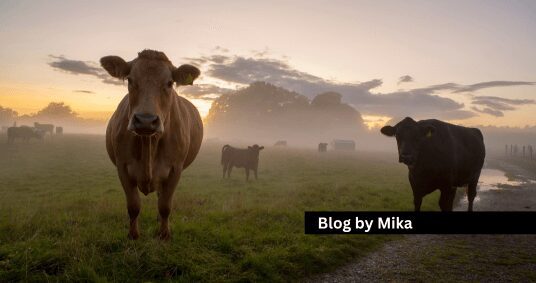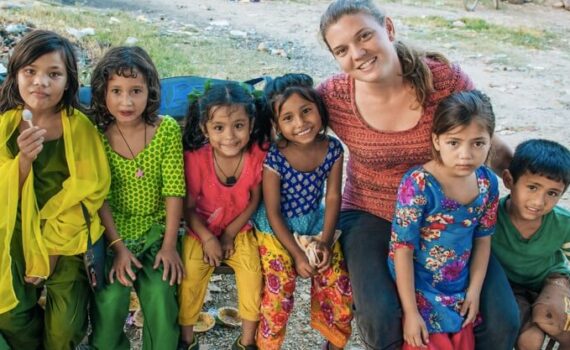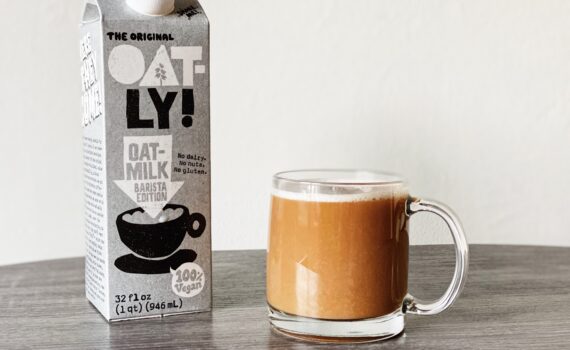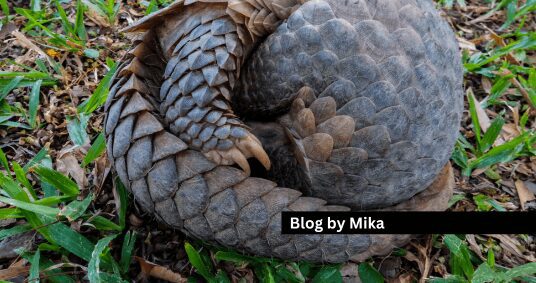Intro Wild salmon feature across multiple cultures over thousands of years. In Irish folklore and mythology we see the ‘Salmon of Knowledge’ and Native Nations of the Pacific Northwest define themselves as Salmon People. In our […]
Mika
‘This is the year, this is the fight, this is where were going to find the light, this is the time this is the way, this is when we’ll stop being afraid.’ These are the lyrics […]
The Reef Mauritius lies in the Indian Ocean about 500 miles off the East coast of Madagascar. It is volcanic in origin and is almost completely surrounded by beautiful coral reefs and mangroves along the shoreline. […]
Bees pollinate 30% of the world’s crops and 90% of the world’s wild plants! We rely so heavily on bees that if they were to go extinct, we would soon follow.
Operation Smile performs hundreds and thousands of surgeries in low to middle income countries for those born with cleft lip and palates.
Human emissions are a significant contributor to this warming and as the ice-rich permafrost starts to melt and collapse not only in Newtok but all over the Artic, billions of tons of methane and carbon dioxide are being released into the atmosphere which were once locked in the ice.
Now more than ever we need to start asking the question of what can WE do? We ALL can do something starting with changing things up a little, just one day a week.
She changed children’s lives, once upon a time they were rock breakersand now they are studying for a better future.
The first thing we think of when trying to be more sustainable regarding coffee is our trusty re-usable coffee cup. Yes, this is important, but there is so much more to consider about your delicious caffeinated drink than just the cup it is contained in.
It is estimated that one million pangolins have been hunted in the last decade. Their meat is considered a delicacy and their scales are expensive to purchase therefore are a status symbol that only the wealthy can afford. These shy creatures’ main threat is illegal poaching and trafficking.
